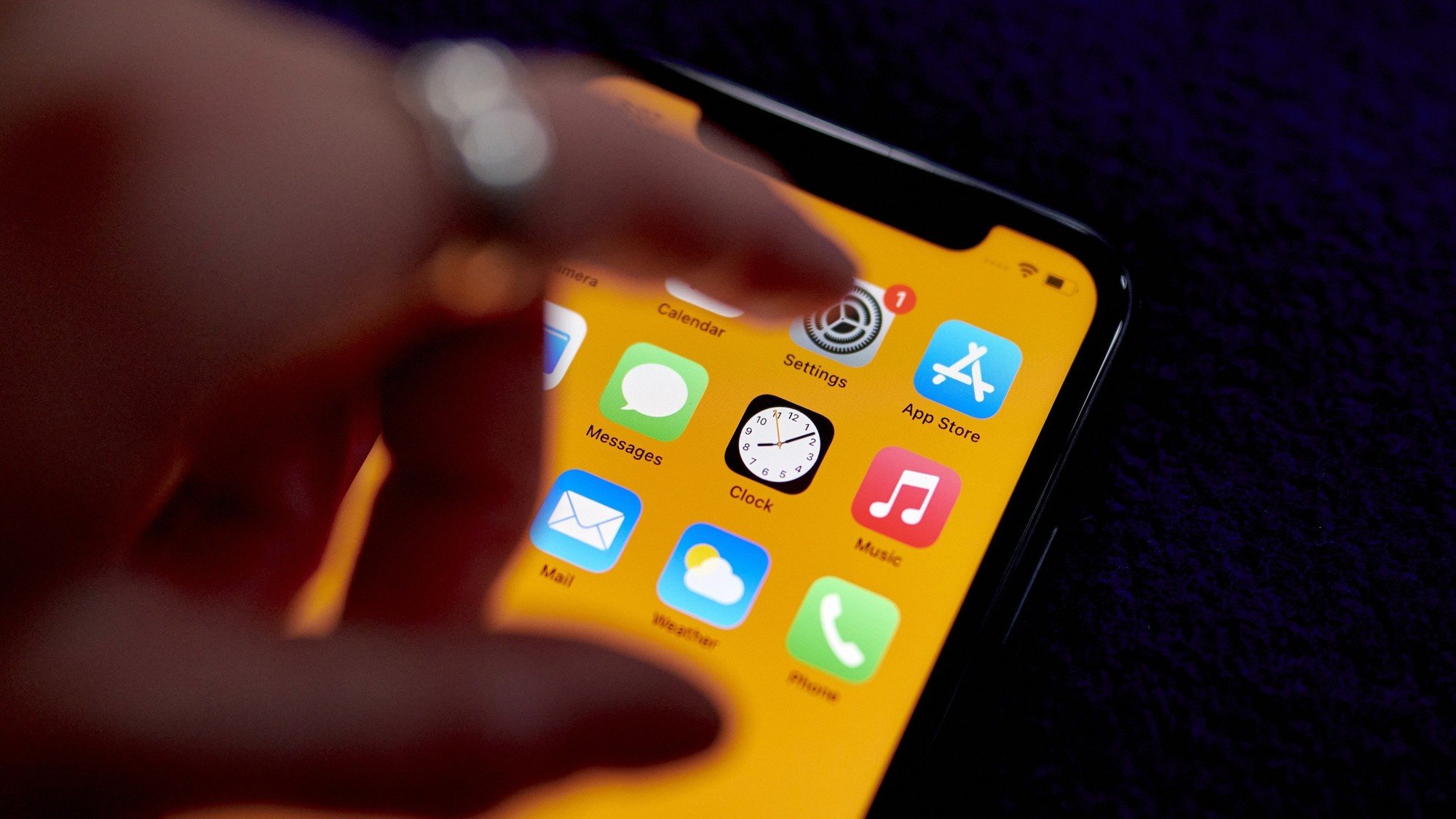According to TechRadar , a new report from VPN security company Surfshark shows that viruses are the most common threat, accounting for 42% of malware detected since the beginning of 2023. In particular, Apple devices are a primary target of a virus called 'Proxy.Agent', shattering the notion that Apple's system is completely secure.

Apple devices are a prime target for the virus.
The report, based on data from Surfshark Antivirus users, indicates that 117 types of malware were detected in the first three months of 2024 alone. Of these, five main types accounted for nearly 80% of all threats, including:
Virus
This is the most common type of malware detected, accounting for 42%. In particular, the Proxy.Agent virus is primarily attacking Apple devices, raising concerns among users about the supposedly absolute security of this ecosystem.
Trojan
The second most common type is malware that specializes in stealing information: Trojans. Dropper.Gen is the most common type. It works by installing additional malware and adware, but disguises itself as a legitimate process on the Windows system.
Unwanted application
Potentially Unwanted Applications (PUAs) are often installed unintentionally by users when they install other applications. PUAs typically cause constant pop-up ads, change unwanted settings, and slow down the system.
Heuristic threat
Heuristics are viruses that share characteristics with other common virus variants. They are detected by analyzing code and scanning for similar functions as malware. However, Surfshark notes that heuristics can disguise themselves and generate false alarms.
Adware
Adware is malicious software that specializes in distributing advertisements. It displays pop-up ads in browsers, tricking users into downloading other malicious software, which in turn leads to illegal payments and the sharing of sensitive information.
Surfshark's report serves as a wake-up call to users about the dangers of malware. Users need to be more vigilant, use reputable antivirus software, and regularly update their systems to protect their devices.
Source link



















































































































Comment (0)